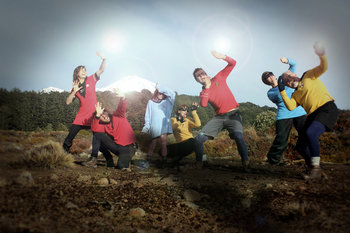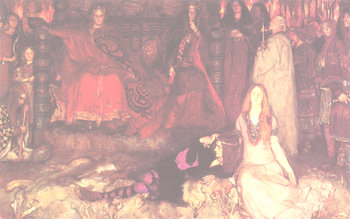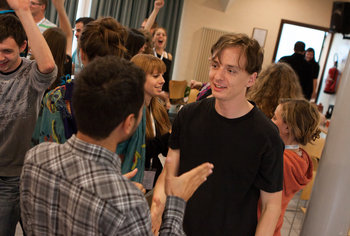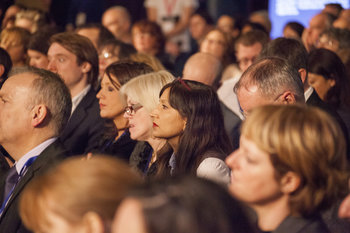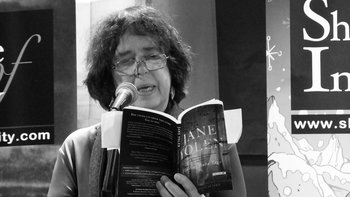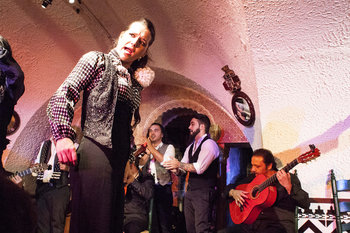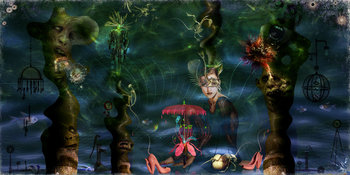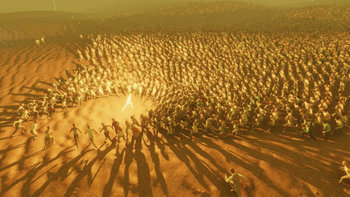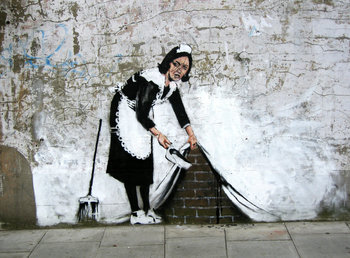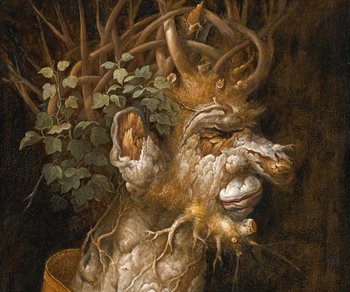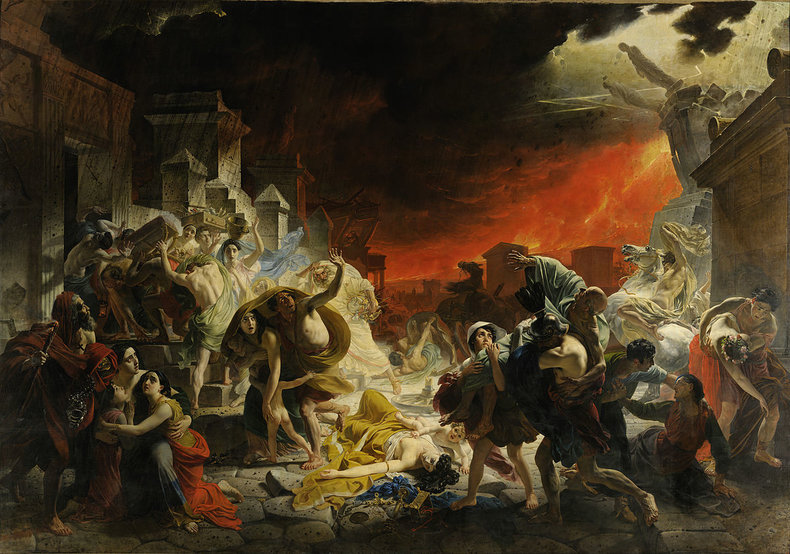
Myth
It is a myth that myths aren't true. That is to say that academic disciplines that study myth do not typically define it as an untrue story but simply as a story that is important to a society. From this perspective a myth can be true, partially true or completely false but may have value to a people nonetheless. The truth of a myth is often not the point as they may serve to convey lessons of history, philosophy, values, ideas or norms. Myths can also serve to give color to life by introducing imaginative stories, celebrations and symbols.Folklore
Folklore is a broad body of culture that includes any intangible or tangible artifact that is important to a society. In an academic context, the stories that are most important to a culture are myths and other stories of lesser importance can be considered folklore. For example, most fairy tales and superstitions can be considered folklore.Legend
A legend is a story that people believe to have actually taken place in history. These are often unfalsifiable such that they are impossible to disprove. There may be evidence that a legend has some basis in reality or there may be significant reason to view a legend as fiction. Nevertheless, people believe it and this may have value to a culture.Storytelling
Storytelling including film, television, video games, music, fiction and art can be viewed as myth as such stories commonly become important to a culture or society as a form of shared experience. In many cases, stories both true and untrue shape the future.Urban Legend
An urban legend is a contemporary legend. These may play on people's fears and can be quite dangerous as they can cause people to make irrational decisions or support irrational policies. Alternatively, they may be relatively innocent stories that make life more interesting. For example, the Japanese urban legend that couples who rent a swan boat in the pond of Inokashira Park in Tokyo always break up afterwards due to a curse by a jealous goddess.Misinformation
Misinformation is information that is untrue or inaccurate such as a rumor that has no basis in fact. It is common for people to use the word myth as if it were synonymous with misinformation. Misinformation is often destructive as it interferes with knowledge, decision making and strategy.Disinformation
Disinformation is misinformation that is specifically designed to deceive. For example, propaganda designed to achieve a political objective. Common forms of disinformation include fake news, hoaxes, vicious rumors and the misuse of statistics.Notes
A failure to distinguish between the terms myth and misinformation may lead to a lack of appreciation for potentially valuable cultural heritage such as traditional stories.| Overview: Myth | ||
Type | ||
Definition (1) | ||
Related Concepts | ||






